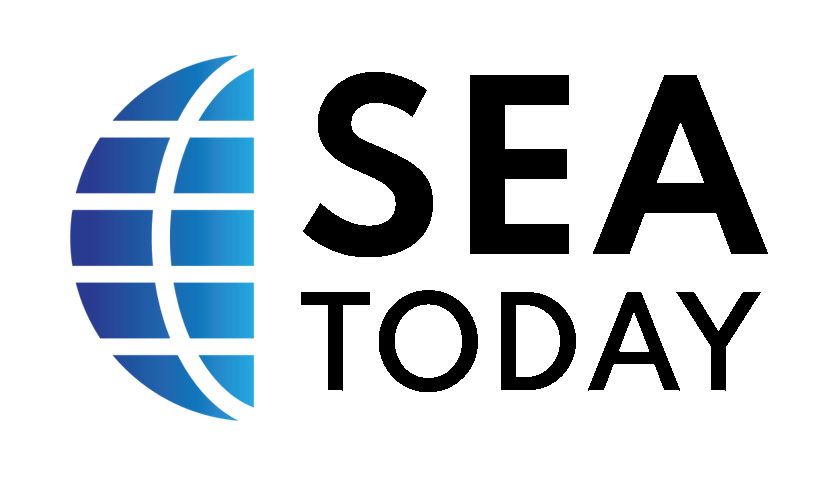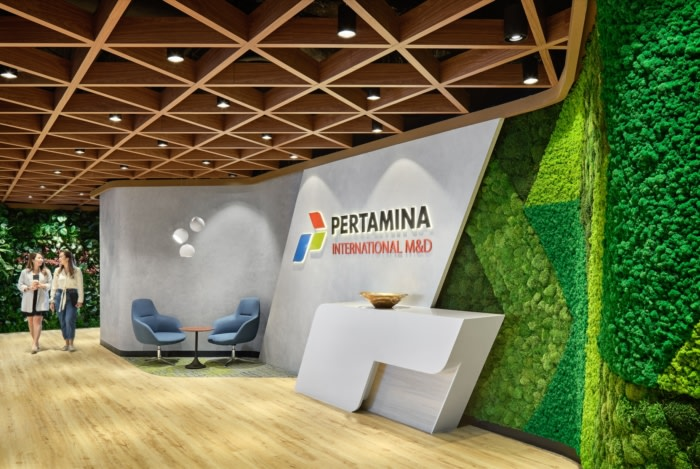NEWS
Telkom to Address Stunting Issues in Indonesia Through "Stunting Action Hub"

SEAToday.com, Jakarta - PT Telkom Indonesia (Persero) Tbk (Telkom) has officially launched an integrated stunting prevention program that optimize digital technology innovation to effectively enable local community empowerment.
The program has now been implemented in 191 Pos Pelayanan Terpadu (Posyandu) or Integrated Service Posts in 7 provinces in Indonesia.
Quoted from official press release, through a community-based empowerment enabled with digital technology innovation approach, the initiative aims to deliver concrete solutions to the persistent issue of stunting, which remains a serious challenge in various parts of Indonesia.
According to the 2023 Indonesian Health Survey (SKI), the stunting prevalence in Indonesia is 21,5% and specifically in East Nusa Tenggara reached 37.9%, the highest in the country. Although the stunting prevalence is getting better in 2024 at 19,8%, but it has not yet reached the target in the RPJMN (Rencana Pembangunan Jangka Menengah Nasional) or National Medium Term Development Plan of 14%.
The program began with a Training of Trainers (ToT) session for local health cadres, equipping them with digital skills and comprehensive knowledge on child nutrition and stunting-related issues.
One of the key innovations of the initiative is the use of Stunting Action Hub, a digital platform developed by Telkom to support cadres in regularly recording, monitoring, and reporting children’s growth data and related stunting prevention or intervention activities.
After completing the training, the health cadres began educating local communities at public service locations such as health centers, village halls, and places of worship. At the same time, they started using the Stunting Action Hub application in the field, applying their training to monitor and report children's growth data and related stunting prevention or intervention activities in real time.
As part of its nutritional intervention efforts, the program also implemented a 90-day Supplementary Feeding Program or Pemberian Makan Tambahan (PMT) targeting mainly malnourished children. The meal plans were designed using locally sourced ingredients—such as corn rice, moringa vegetables, steamed fish (pepes ikan), and pumpkin porridge—cooked independently by cadres using resources available in their surrounding environment. Meals were delivered daily to the homes of targeted children.
The initiative has received strong support from local stakeholders across all regions. It has been implemented in 191 Posyandu, with a positive response from the communities. In each location, health cadres are not only monitoring children's nutrition but also serving as agents of change, educating families about the importance of the first 1,000 days of life.
“We live in a mountainous area, and getting to the nearest health clinic isn’t always easy. But with this program, the health cadres come regularly to our home, bringing nutritious meals and checking on my child’s growth. They’ve even taught me how to cook using ingredients from our own garden,” said Liana Sari, a resident of Senaru Village, West Nusa Tenggara.
Hery Susanto, Senior General Manager of Social Responsibility at Telkom Indonesia, stated that the program reflects Telkom’s commitment to expanding its social impact by leveraging digitalization to address the nation’s fundamental challenges.
“At Telkom, we believe that digitalization should go beyond infrastructure and actively address fundamental social challenges—stunting is one of them. Through the Stunting Action Hub platform, we are not only delivering a tech-based solution, but also empowering local communities to take ownership of change,” said Hery.
“This initiative reflects our commitment to expanding social impact by integrating data, technology, and community action. It also aligns with Telkom’s broader efforts to support the Sustainable Development Goals, particularly Goal 2: Zero Hunger, and Goal 3: Good Health and Well-being, while nurturing digital talents who can drive real change in their environment.”

































































